Student Senate talks study abroad with Internationalization Lab
December 1, 2018
On Wednesday, Nov. 28, Student Senate had a guest visit from UWL’s ACE Internationalization Lab to discuss the initiatives towards bolstering international awareness and participation on a university level.
In 2017, UWL applied for a position in the 15th cohort of the American Council on Education (ACE) Internationalization Lab, a program which “provides customized guidance and insight to help colleges and universities achieve their internationalization goals,” according to the ACE website.
Some of this guidance includes being connected with ACE advisers as the campus analyzes its current internationalization status and produces a strategic plan for future endeavors. The cohort, which consists of 11 college institutions and the ACE staff, also meets in Washington D.C. over the two-year period of the program.
One of UWL’s areas of focus in the Internationalization Lab is to encourage UWL students to participate in education abroad.
At the Senate meeting, the UWL program’s advisers, Marcia Wycoff-Horn and Emelee Volden, presented statistics on education abroad at UWL and they encouraged senators to share their experiences and opinions with studying abroad.
Part of these statistics included that, of all UWL undergrad students, an average of 4 percent have participated in study abroad. When broken up by college and by major, however, these numbers are differentiated.
The College of Liberal Studies has the highest rates of study abroad with the highest major being global cultures with 27.9 percent of students in the major studying abroad. It is worth noting that there are typically study abroad requirements for global cultures majors.
Still, the second highest major in CLS is women studies with 13.3 percent and the lowest is political science for 4.9 percent.
This contrasts with other colleges like the College of Business, 797 which has management majors at their highest with 7.3 percent and with 2.3 percent, finance majors are at the lowest. In 8 of 11 of its majors, College of Science and Health is below the 4 percent college average.
In their attempt to figure out what is preventing students from participating in education abroad, the Internationalization Lab found that 53 percent of students don’t study abroad for cost-related reasons. The next highest reasons consisted of students being concerned over whether they had enough time to dedicate studying abroad and whether it would set them back in their program.
It’s also clear that the majority of study abroad takes place on faculty-led courses.
Senators echoed these concerns, sharing that their reasons for not participating relate to how credits would transfer back to their program and that faculty-led courses may not be offered in their major.
The Internationalization Lab advisers were quick to explain that these are actually misconceptions and that just because a course doesn’t exist presently doesn’t mean that it is not possible. One of the areas which they’ve been working to expand is finding and creating programs with colleges abroad which are enthusiastic with having foreign students.
The Lab stated, “We know our partners abroad and we know that they want more students…a lot of it is just breaking the myths.”
Senators also raised apprehensions about studying abroad in a country where a language barrier is present, but advisers assured that there are more English-speaking countries than most students realize. Advisers admitted that they’d like to do a better job of making this more apparent.





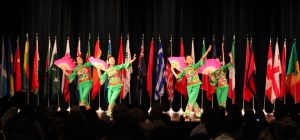
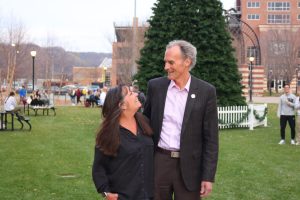
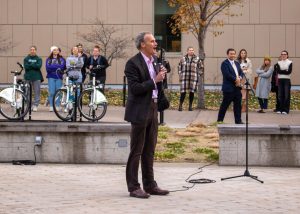
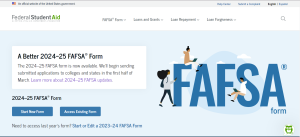
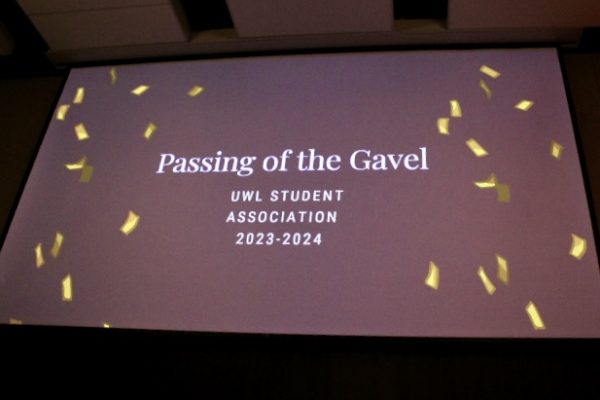
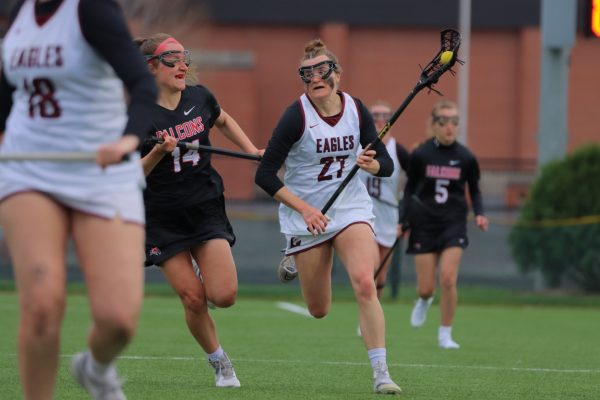
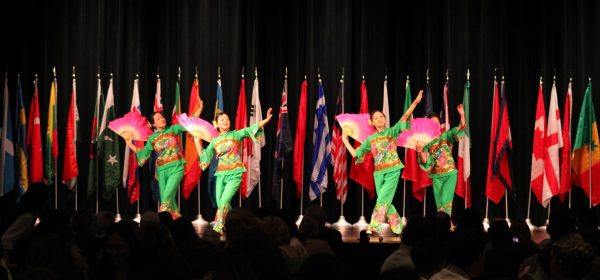


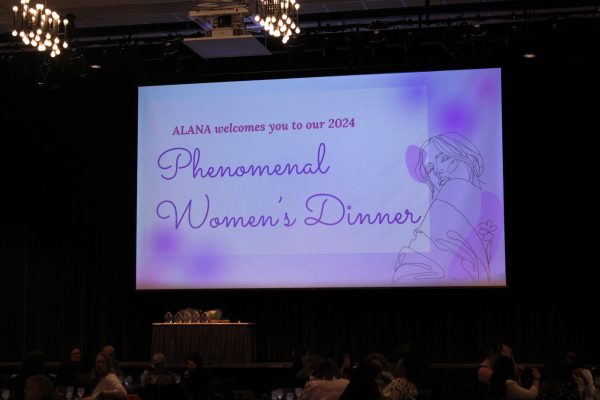
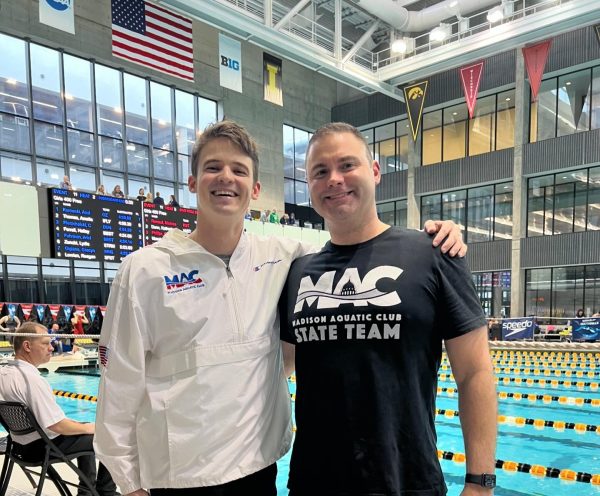
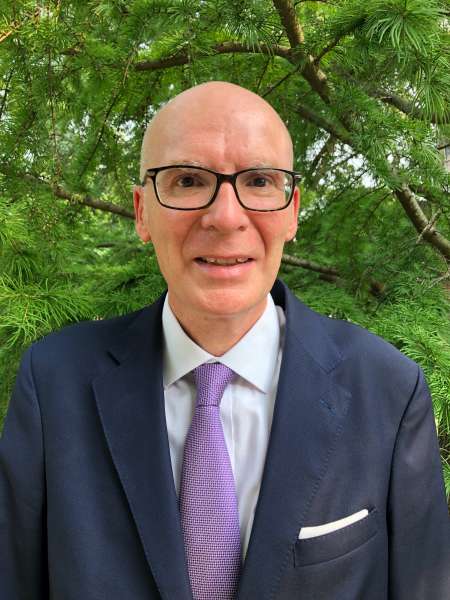

beckon • Oct 24, 2019 at 12:58 am
Studying abroad is really a bouquet of opportunities, learning and experiencing different climate, culture, ethics.It’s true that every student wants to study abroad for a bright future.Well written